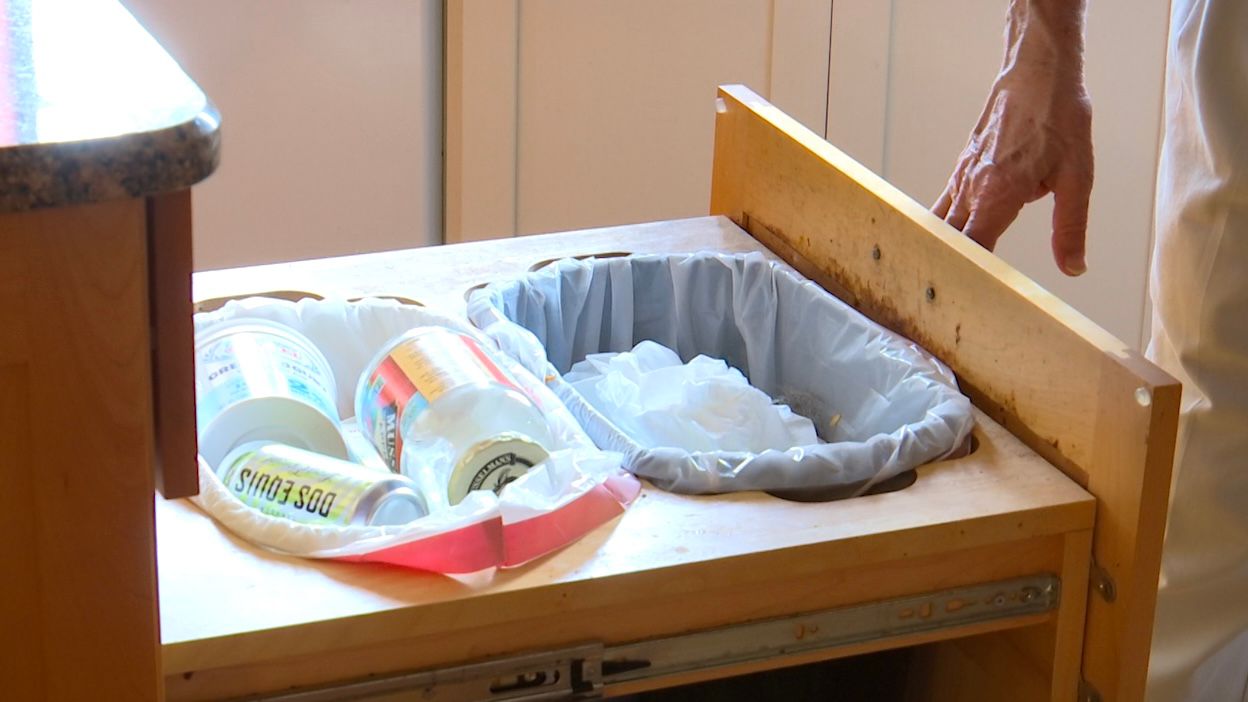New laws for local waste management plans to strengthen efforts for recycling and composting, as well as curtailing single-use plastic items at public colleges and universities in New York, was signed into law on Tuesday by Gov. Kathy Hochul.
Taken together, the measures are meant to bolster recycling and composting programs on the local level while moving away from plastic items at the State University of New York and the City University of New York campuses.
"With the fate of the planet at stake, New York must continue to lead the way in the global fight against the climate crisis," Hochul said. "This package of legislation will make sure New Yorkers are recycling, composting and phasing out wasteful plastic products, putting our state on the path to a cleaner, greener future."
One bill would require waste management plans to include methods meant to increase methods like recycling and composting. Lawmakers who backed the bill, Sen. Rachel May and Assemblyman Harvey Epstein, said the measure could help keep waste out of landfills and fight climate change at the same time.
"Far too much waste that could be recycled or composted ends up in landfills. New York has made significant progress in reducing the amount of waste we generate, but we can still do more," May said. "This legislation asks municipalities to be sure they consider how to increase recycling and composting as they manage solid waste. Here in Onondaga County, we constructed a state-of-the-art food scrap and yard waste composting facility, and it has been a great success."
The second bill is meant to end single-use plastics on SUNY and CUNY campuses by having school trustees work with students, faculty and staff. The measure was sponsored by Sen. Brian Kavanagh and Assemblyman Patrick Burke.
"Turning the tide of plastic pollution starts with putting an end to single-use plastic items whenever and wherever we can," Kavanagh said. "By enlisting our SUNY and CUNY campuses in this effort, this law will bring about a significant reduction in our reliance on plastics, while engaging students and faculty in the sustainable practices that we need to adopt across all sectors of our society to make New York a greener, healthier state."



